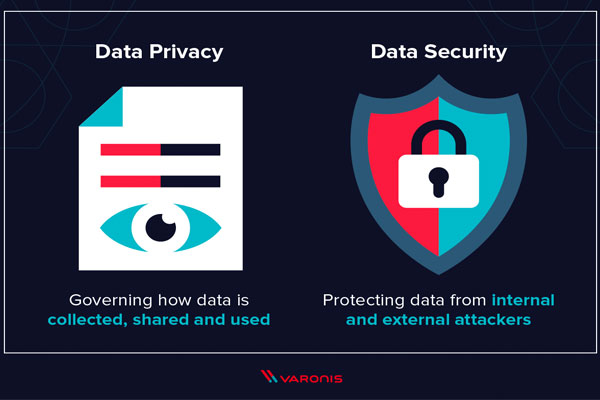Verifying your data is vital to your business to prove that data is accurate, reliable, and secure. By implementing appropriate verification measures, organizations can improve the quality of their data, comply with regulations, and build trust with their stakeholders. You should be aware of how to safeguard any privacy concerns surrounding the verification process.
The impact on data privacy
Accurate data can help to improve the effectiveness of security measures, such as access controls and encryption, by ensuring that they are applied to the correct data.
Data verification can positively impact data privacy and security by ensuring that the data being collected, processed, and stored is accurate, complete, and up-to-date. Organizations can identify and correct errors or inconsistencies by verifying data, which can help prevent data breaches and other security incidents.

The verification process can also threaten data privacy and security if not implemented properly. It could be compromised if sensitive information is shared or exposed during the verification process. Data verification can involve collecting additional personal information, such as government-issued IDs, biometric data, or other sensitive information, which can pose privacy risks. It could be subject to further processing or storage outside of the control of the original data controller, which could increase the risk of data breaches or unauthorized access.
When collecting sensitive information, certain precautions should be taken to maintain users’ privacy and avoid additional risks.
Safeguarding personal information
When personal information is shared with third-party verification services, it could be subject to additional processing or storage outside of the control of the original data controller, which could increase the risk of data breaches or unauthorized access. Implementing appropriate security measures during data verification, such as using secure communication channels, limiting access to sensitive information, and adhering to data protection regulations, is essential.
Appropriate safeguards and data protection measures when verifying data will ensure that the privacy of individuals is respected and protected—using secure communication channels, limiting the collection and use of personal information to only what is necessary for verification purposes, and adhering to data protection regulations such as GDPR and CCPA.
Transparency is key
Organizations need to be transparent about their data verification practices and inform individuals about what personal information is being collected, how it will be used, and with whom it will be shared. Providing individuals with control over their personal information, such as the ability to review or delete their data, can also help to address privacy concerns. By taking these steps, organizations can ensure that data verification is conducted in a way that protects the privacy of individuals while still achieving the desired verification goals.
If your company is going to use verified data, you can’t put private information at risk. Going about this safely will build a better reputation for your company and avoid unnecessary headaches. Security is more critical than ever as the threat of scammers and identity theft is at an all-time high.





